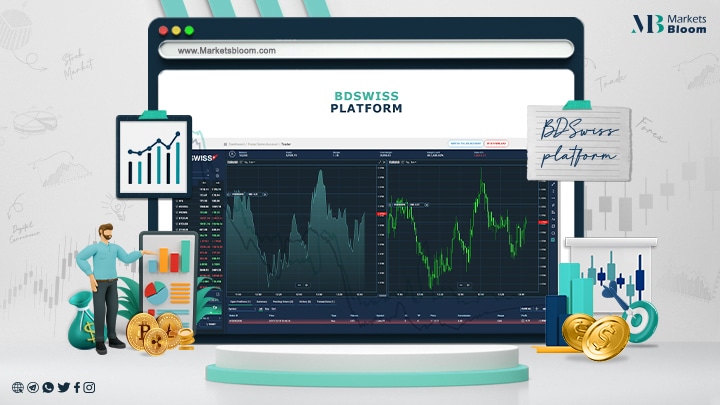the main differences between spread betting and CFDs
CFDs:
CFDs Contracts for Difference are derivative contracts between investors and financial institutions in which investors take a position on the future value of an asset. Likewise, spread betting allows investors to place money on whether the market will rise or fall. The settlement differences between the opening and closing prices of the position ended in cash. There is no delivery of physical goods or securities with CFDs.. but the contract itself has a transferable value while it is in effect. Thus, a CFD is a tradable security created between the client and the broker.
Although CFDs allow investors to trade futures price movements, they are not futures contracts pre set. CFDs do not have expiration dates that contain pre-set prices, but trade like other securities with buy and sell prices.
Contracts for Difference (CFDs)are being traded through a network of brokers that regulate the demand and supply in the market for CFDs and set prices accordingly.
Spread betting:
Spread betting allows investors to speculate on the price movement of a variety of financial instruments.. such as stocks, foreign currencies, commodities, and fixed-income securities. In other words.. the investor makes a bet based on whether he thinks the market will rise or fall from the time the bet is accepted. They can also choose how much they want to risk in their bets. It is promoted as a tax-free and commission-free activity that allows investors to speculate in both bull and bear markets. The bet itself is not transferable to any other person.
Spread betting companies offer to buy and sell prices to potential investors who place their investment with the buy price if they think the market is going up or sell if they consider the market is about to crash. Spread betting, unlike traditional investing, is a form of betting. Unlike fixed odds bets, it does not require a specific event to occur. You can close your bet at any time and take profits or limit losses. FSB is a margin derivative product that allows you to bet on price movements of all types of financial markets, such as stocks, bonds, indices, currencies, etc. An investor can enter into a long position (such as buying a stock) or short bets (such as selling a stock) based on a prediction or the direction in which the market is moving.
The similarities :
CDFs and spread bets are leveraged derivative products whose values stem from an underlying asset. In these trades, the investor does not have ownership of benefit in the underlying market when trading CFDs you are betting on whether the value of the underlying asset will rise or fall in the future. CFD providers negotiate contracts with the choice of both long and short positions based on the prices of the underlying assets. Investors take a long stand in which they expect an increase in the underlying asset, while short-selling indicates an expectation of a decrease in the value of the asset. In both scenarios, the investor expects to realize the difference between the closing value and the opening value.
Similarly, the spread is the difference between the purchase price and the selling price offered by the spread betting company. The underlying movement of an asset is measured in basis points with the option to buy long or short positions.
The main differences between CFDs and spread betting :
Spread betting, has specific expiration dates when placing a bet while CFD contracts have none. Likewise, over-the-counter (OTC) spreads bet is done through a broker, while CFD trades are completed directly within the market. Direct Market Access avoids some of the market risks by allowing transparency and simplicity in completing electronic transactions.
Aside from the spreads, CFD trading requires the investor to pay commission and transaction fees to the provider; In contrast, spread betting companies do not charge fees or commissions. When the contract is closed profits or losses are realized, the investor owes money or owes the trading company. If profits are made, the CFD trader will get a net profit from the closing position, minus the opening position and fees. The profit for spread bets will be the change in basis points multiplied by the dollar amount negotiated on the initial bet.
Both CFDs and spread bets are subject to dividend payouts assuming a long position. Although there is no direct ownership of the asset, the provider and the spread betting company will pay a dividend if the underlying asset is. When profits for CFD trading, the investor is subject to capital gains tax while the winnings from betting on spreads are tax-exempt.
Finally :
CFDs and spread betting are quite similar. Both are derivatives, which means the value is derived from the value of an underlying asset. The most notable difference is that Options CFDs are cash-settled, where spread betting can be exercised by the holder. In addition, CFDs are traded with leverage. Overall, you should conduct your thorough research into both spread betting and CFDs as they are complex for trade.
For more information, you can visit our website on marketsbloom.
Or you can contact us on WhatsApp. for the latest news about trading, you can like our Facebook page.




